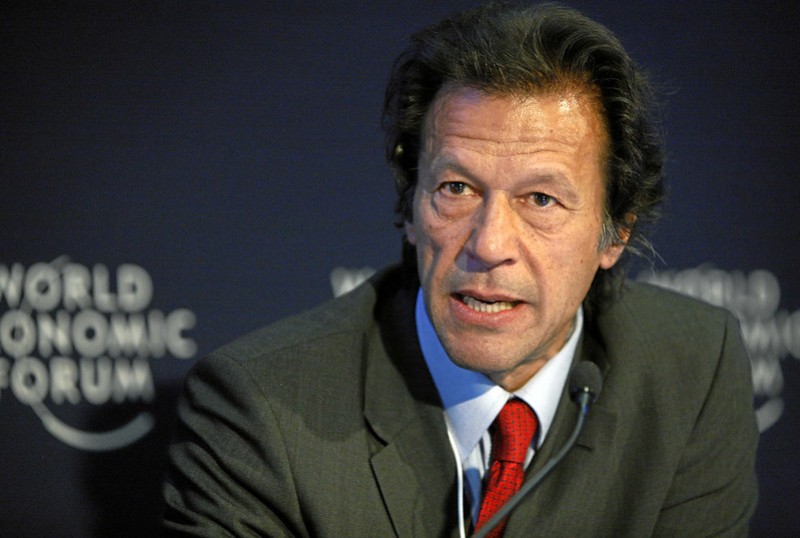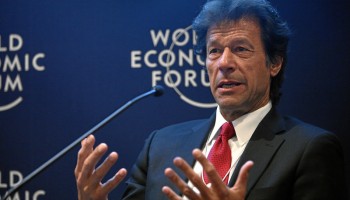That’s a drop of 16 places compared to 2020.
Khan had swept to power in 2018 largely on his vows to fight corruption.
The CPI analysis is based on human rights violations, attacks on journalists and the breakdown of rule of the law.
According to TI, Pakistan is a “hybrid regime” or semi-democracy where the rule of law is not respected and those who dissent or complain about human rights violations or corruption suffer reprisals.
The index is published annually by the Berlin-based watchdog ranking countries "by their perceived levels of public sector corruption, as determined by expert assessments and opinion surveys.”
Globally, corruption trends have stayed steady for the past decade with 86 percent of the countries making little to no progress.
Pakistan’s score dropped due to deteriorating rule of law and “state capture”, meaning a loss of independence among state institutions.
The index has been compiled since 1995, and is calculated through 13 different sources that depicts perceptions of corruption within the public sector, including input from country experts, business people, the World Bank, the World Economic Forum and private risk and consulting firms.






